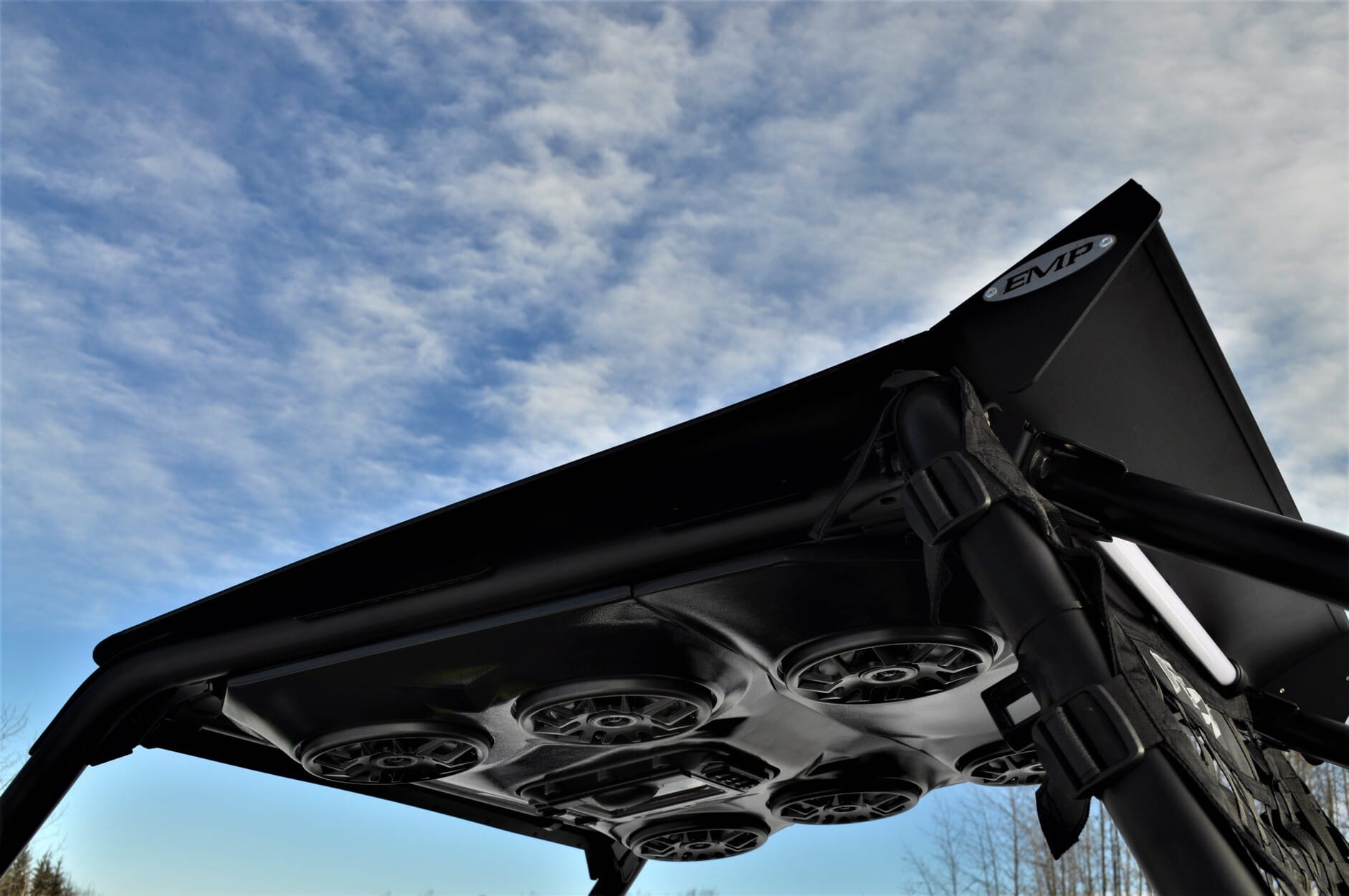



So ultimately, you can understand that Pedestal wasn’t just about ‘saving Malta’. Within a year and a half, it became a three-pronged pincer movement: with the Allies advancing from Normandy in the West the Russians, from the East and the Allies also advancing from the South, beyond Cassino. But was it really just Sicily that was invaded? I’ll tell you that it was the whole of ‘Nazi-occupied Europe’, that was invaded… through Sicily and from Malta.Īnd that accelerated the battle for Berlin. And what happened after that? Almost instantly, Sicily was invaded. Within a few months – by May 1943 – all the Italian and German forces in North Africa had surrendered. In a nutshell, Operation Pedestal turned Malta from the ‘defensive’, to the ‘offensive’. So Rommel’s advance was stalled, because he ran out of resources: fuel, ammunition, spare parts, and so on. It was partly because – within three weeks from Operation Pedestal – the Malta-based submarines, and the Malta RAF, and the Royal Navy, sunk 100,000 tonnes of convoys, destined for North Africa, that had sailed from Italy. We could discuss an entire alternative history, on that basis… and never finish.īut we do know why Rommel was, in fact, stopped at El Alamein. God alone knows what would have happened, had Rommel succeeded… and Hitler managed to get his hands on the oil fields of the Middle East. (Not the State of Israel – because that was not established until 1948 – but the traditional homeland of the Jews.) How many people know, for instance, that the convoy indirectly shortened the war by as much as 18 months? Just imagine, then, how many tens of thousands of lives were ‘saved’, because Rommel was stopped at Al Alamein… and could not venture into the Middle East, to complete Hitler’s Final Solution on the Jewish people’s own home soil. One of them is its impact on the outcome of World War II itself. But was it really just that? What if I told you that there are two other major reasons – one of which was only born this year – why we should commemorate Operation Pedestal: apart from the fact that it saved Malta during the war? Here in Malta, we tend to talk about Operation Pedestal as the mission that ‘saved Malta from surrender’. Because apart from the fact that the passage of time ravages those memories… you also get ‘distortions’…ĭoes that include our own perceptions of Operation Pedestal? Do you think that our inherited memories of that event, may also have been ‘distorted’ in the re-telling? Sadly, however, time has a very effective way of destroying memories. Why? Because even though the protagonists are no longer with us some of their children, and grandchildren, are still alive and they would have been brought up on anecdotes from that period. Malta in World War II, on the other hand? There are a lot. For instance: how many people, alive today, can tell you about Malta in World War I? Very, very few. In fact, a lot of the work I am involved with, is precisely to leave more wartime anecdotes – either in cyberspace, or in the printed media – so that hopefully, Operation Pedestal does not get ‘lost in translation’ and forgotten, over time.īecause as you can imagine: when the primary sources die out, that is very likely to happen. Are you concerned, then, that the significance of Operation Pedestal may be increasingly undervalued, as time goes on? Meanwhile, a younger generation is rising, that has no reason to feel any connection with such distant historical events at all. But 80 years also marks the span of a single human life: which means that none of the protagonists is still alive to tell the tale. Last Monday marked the 80th anniversary of Operation Pedestal: the convoy that is credited with sparing the island certain defeat in WWII.


 0 kommentar(er)
0 kommentar(er)
